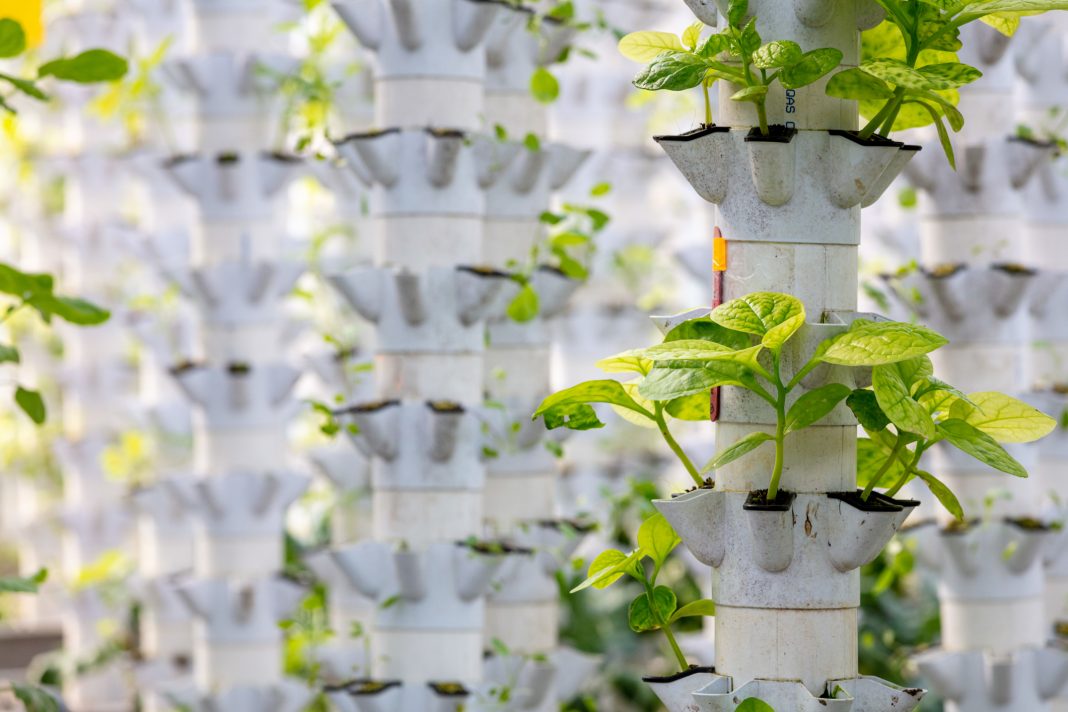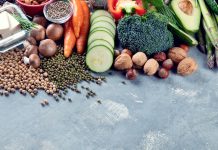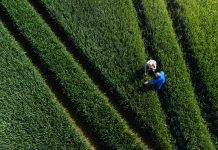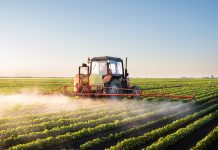Dorina Meyer and Giorgia Dalla Libera Marchiori from ICLEI Europe discuss opportunities for improving food security across the EU, public procurement, and cultivating a more equitable and environmentally conscious food system
With the fragility of our food system widely exposed and food insecurity on the rise, we need to continue talking about the intersecting dimensions of food security and identify how they can be addressed both in the short and long term. Our current food system promotes products that lack nutrition, adversely impacting our health and reducing biodiversity by not respecting planetary boundaries. Meanwhile, large parts of the world’s population do not even have access to adequate food.
To fulfil the United Nations 2030 Agenda for Sustainable Development, specifically, achieve Sustainable Development Goal #2: Zero Hunger, the European Union has to transform its food system. This transformation process must pay equal attention to the different aspects of food security since it can only be realised if ‘all people at all times have physical and economic access to sufficient, safe and nutritious food [that] meet[s] their dietary needs and food preferences for an active and healthy life.’ (1) Next to the availability of food, food quality and accessibility are equally important when establishing food security and should not get lost in the current geopolitical climate.
Feasible strategies are already being implemented in the EU and beyond. However, there is potential to accelerate the process. Buy Better Food is a European advocacy campaign that focuses on public food procurement as a driver of transformation towards a sustainable, healthy and fair food system in the European Union, in line with the SDGs and EU Farm to Fork Strategy. Public procurement, in particular, presents an important opportunity to provide a meaningful framework for reaching shared goals on climate, health, food waste, social equity, and more.
Addressing the accessibility of nutritious food via public procurement
One huge opportunity to address the accessibility of nutritious food within a more sustainable food system is by procuring better school food for kids across the EU. Buy Better Food’s current petition for healthy, sustainable school meals has gathered more than 12,000 signatures, signalling the growing interest in a better food system – especially one that supports the health and wellbeing of young people. This aligns with the European Council’s recommendation on the EU Child Guarantee, which implores Member States to consider nutrition and provide at least one healthy school meal per day.
The EU school scheme could also bolster access to healthy, sustainable school meals, which is currently under revision and guides the provision of fresh produce and food education in schools. In addition, strong support for the Global School Meals Coalition from several EU Member States, including France, Finland and Germany, shows that the issue of healthy and sustainable school meals is gaining attention at an international level.
Now is also the right time to show public interest and support on the subject, as this year, the European Commission will submit a proposal for the upcoming EU Sustainable Food Systems Law, which will play – as a key initiative of the Farm to Fork Strategy – a pivotal role in ensuring healthy meals are available in schools and other public canteens.
Addressing food quality: 93% of people agree that food offered in schools and hospitals should be healthy
In light of the upcoming legislative proposal, Buy Better Food recently emphasised its message by conducting a poll (2) in six European countries (France, Germany, Greece, Italy, Poland and Spain). The poll results reveal that the general public recognises the relevance of healthy (public) food: 92.8% of participants agree that food offered in schools and hospitals should be guaranteed to be healthy – with Italy, Spain and Poland having the highest approval rates. Along the same lines, when asked about government spending, 88% of people agree that guaranteeing healthy and sustainable food in public canteens (like schools and hospitals) is a good investment of public money.
Public procurement as a tool to address food insecurity
Buy Better Food is pressing for minimum sustainable public procurement standards to be included in the EU Sustainable Food Systems’ legislative framework to move towards food security, in addition to highlighting the critical role of local and regional governments in implementing procurement measures.
These standards are clearly outlined in the Sustainable Food Procurement Manifesto, which identifies seven actionable criteria to help public authorities buy better food for the health of the planet, people and future generations: healthy food; organic and other agro- ecological products; support for small-scale farmers; climate action; social economy and labour rights; fair trade; and animal welfare standards.
Ten regional and municipal authorities and organisations have already endorsed the Manifesto, and the numbers are growing. By harnessing public interest in sustainable, healthy school food and outlining broader actions aimed at cultivating a more equitable and environmentally conscious food system, Buy Better Food is taking the first steps toward a better food future and increased food security across Europe.
Local and regional governments are invited to endorse the Sustainable Food Procurement Manifesto advocating minimum standards in public canteens here.
References
- Rome Declaration on World Food Security – World Food Summit, 1996, Rome, Italy.
- Savanta, a data, market research and advisory company, managed the poll.















